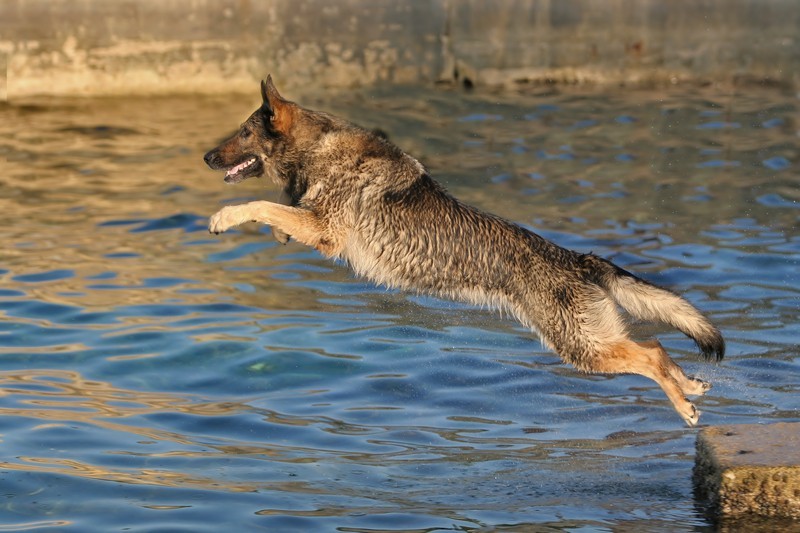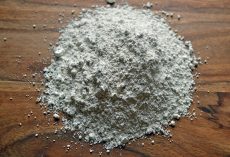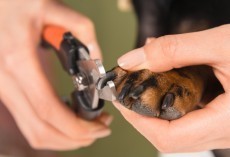When you take your pet to a lake or pool, it turns out the main symptom for water intoxication to look for is lethargy. In other words, if your pooch is looking tired — give him some time to rest! Also be careful where you take your pup. Obviously a contaminated lake or pool is never going to be a good place for your fur friend to play in the water.
The Symptoms
Its symptoms, according to Flaim, include:
• Lethargy
• Bloating
• Vomiting
• Loss of coordination (stumbling, falling, staggering)
• Restlessness
• Increased salivation
• Pale gums
• Dilated pupils
• Glazed eyesIn later stages, your dog can also have difficulty breathing, develop seizures and even lose consciousness.
How rare is water intoxication?
KS: Water intoxication is relatively rare, considering how popular swimming is among our canine friends. However, it can occur in any dog, particularly after a long day of swimming or a particularly vigorous game of “bite the hose.”
Does the size of dog matter in how much water they can consume?
KS: Small dogs do seem to be over represented in cases of water intoxication, though it can certainly happen to dogs of any size.
Is there an amount of water that is “too much”?
KS: Not exactly – it will vary from dog to dog. Also, considering that the dog is likely drinking pool, lake or hose water, it’s very difficult to quantify the amount of water they consumed before they start showing clinical signs of water intoxication.
Are there early signs of water toxicity that pet owners can look for?
KS: Lethargy might be the first sign a pet parent sees. A dog with water intoxication will be tired to the point of collapse. Neurologic signs are probably already occurring, so look for a dull mentation or a “spacey” appearance to the eyes. Vomiting water and excess drooling are also key first signs. Seizures can occur if neurologic signs continue to progress.
What about the dangers of pool chemicals?
KS: Most pool chemicals are so dilute that they don’t pose much of a health risk. Avoid letting a pet drink from a pool that has been recently “shocked,” and don’t let the pool be his primary source of water, but a drink from the pool every now and then is unlikely to pose a problem.
When it comes to swimming in open water, should pet owners worry about bacteria/pollution, etc?
KS: Yes. Blue green algae can quickly produce neurologic signs, liver failure and can even be fatal. If a local lake is closed due to a blue green algae bloom, do not allow your dog to swim in it.
Regarding pollution, a good rule of thumb is to not allow your dog to swim in any water that you wouldn’t want your kids (or yourself) swimming in.
The next time your fur child goes with you camping or to the lake to have some water fun, just keep an eye on him. Even though water intoxication is rare, it's still important to learn about it and know what you can do to prevent it. For the full story about Susan Flaim's heartbreaking loss of her dog Kinetic due to water intoxication and how she's educating dog owners everywhere, read I Heart Dogs article here.









